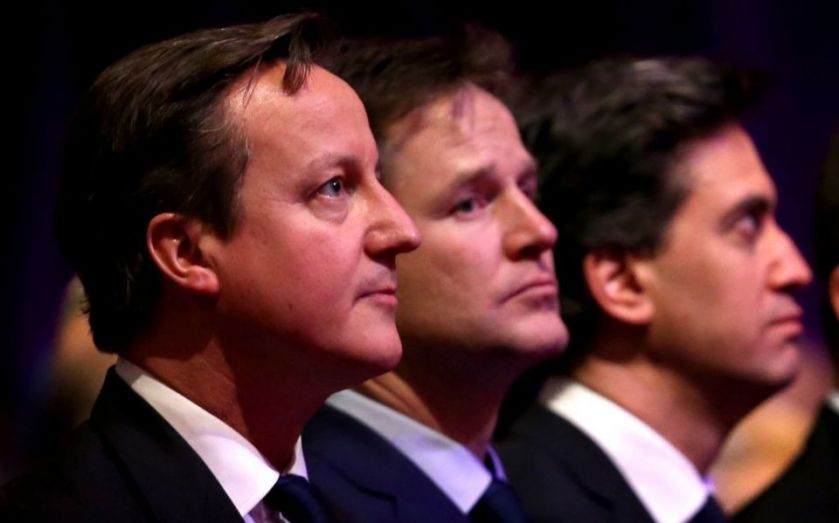The UK political system is dying and can only be saved by wholescale digitisation

Look at the retail industry which has been revolutionised by digital, by online brands such as Amazon; and the likes of the taxi industry which is being disrupted by brands like Uber.
But what about the UK political system, how is it using digital to engage with the electorate? To put it simply, it isn’t.
In fact, according to YouGov research we recently carried out 88 per cent of people agreed that social media is transforming the way we communicate with others, yet only 23 per cent said they believed politicians are effective at using online digital media.
The issue highlighted with these findings is that people can’t make their feelings known, don’t feel empowered and in fact feel disenfranchised in today’s digital age, where the political process remains stuck in a system developed for the age of the horse, not the internet. It’s why 61 per cent of those we surveyed agreed the current political system is failing.
According to the ONS in 2013 83 per cent of households had access to the internet – probably well into the 90 per cent range today, and broadband, smartphone and tablet proliferation is growing fast.
So why not open up effective real-time engagement across all digital platforms? The technology is available.
Digital can help enhance the democratic process making it easier for people to vote. Our poll highlights 60 per cent of 18-24-year-olds want the opportunity to vote in the general election via digital media online. More importantly, it can re-engage the electorate by helping to deliver a form of direct democracy. In fact, 57 per cent of all adults in our poll said they would like to vote regularly via online digital media on key political issues and legislation.
The Government should look toward and learn lessons from the Estonian e-voting model. And while the most obvious stumbling block is online security when it comes to voting this way, as evidenced by the Estonian experience, this can be overcome. They should also engage with the wealth of technology experience in Silicon Roundabout and across the rest of the UK.
If a change is not made soon and digital is not put at the heart of the political process, people will become even more dissatisfied with it.
The 2015 general election needs to be the last offline election. Politicians from all parties need to focus on driving re-engagement with the electorate via digital if our democratic way of life is to be maintained.